Vietnamese Robot MC for the first time, charming jokes

VinMotion Robot makes the audience laugh when interacting with MC Hoang Quan (Photo: Giang Huy).
The main hall space at the Vietnam Artificial Intelligence Festival (AI4VN 2025) exploded when the VinMotion robot suddenly appeared as a "co-host".
“Hello everyone watching the AI4VN 2025 Vietnam Artificial Intelligence Festival… I will continue to learn and improve to accompany and support everyone better in the future,” VinMotion opened the exchange with a natural voice, creating surprise and excitement for the entire audience.
When MC Hoang Quan wittily asked: "Why do you know my name?", VinMotion immediately responded wittily: "Of course! MC Hoang Quan is very handsome, charming and witty. I also know that he has participated in many programs as an MC."
The smart, humorous and emotional interaction between the "real MC" and the "robot MC" made the audience laugh and admire the impressive progress of Vietnam's artificial intelligence technology.
Not only communicating naturally, VinMotion also demonstrates the ability to move steadily, maintain good balance, overcome obstacles and handle situations flexibly.
According to Mr. Ngo Quoc Hung, General Director of VinRobotics, the world is entering a human resources revolution as robots gradually take on roles that originally belonged to humans.
“The global population has surpassed 8.1 billion people, but the workforce is only about 3.6 billion and is aging rapidly. Meanwhile, the demand for production and services is constantly increasing, creating a serious labor gap. The replacement market is valued at up to 30,000 billion USD, in which humanoid robots are one of the most potential solutions,” Mr. Hung analyzed.
At the heart of that revolution is artificial intelligence – technology that enables machines not only to perceive their environment, communicate in natural language or make instant decisions, but also to learn and adapt continuously – abilities that are traditionally considered to be uniquely human.
Data fragmentation is the biggest bottleneck
Mr. Cao Vuong, founder of AIVA, commented: “The world has never witnessed such a strong explosion in the technology field. If in 2023 about 55% of global organizations applied AI, this number is forecast to reach 78% by early 2025."
A 23 percentage point increase in just under two years shows that AI is no longer an option, but has become the new norm.
In Vietnam, when businesses began to put AI into practice, many challenges quickly emerged. One of the major problems was data fragmentation: the use of too many different tools caused information to be divided into separate “data islands”. In addition, most current AI tools are still passive, depending on detailed human instructions for each task.
As a result, the systems lack synchronization, unstable operational efficiency and are difficult to scale.
According to Mr. Vuong, a fundamental shift in approach is needed. The new generation of AI - AI Agent - is emerging as true "digital colleagues". The difference is that instead of constantly asking "how", businesses only need to clearly define the goal of "what needs to be achieved".
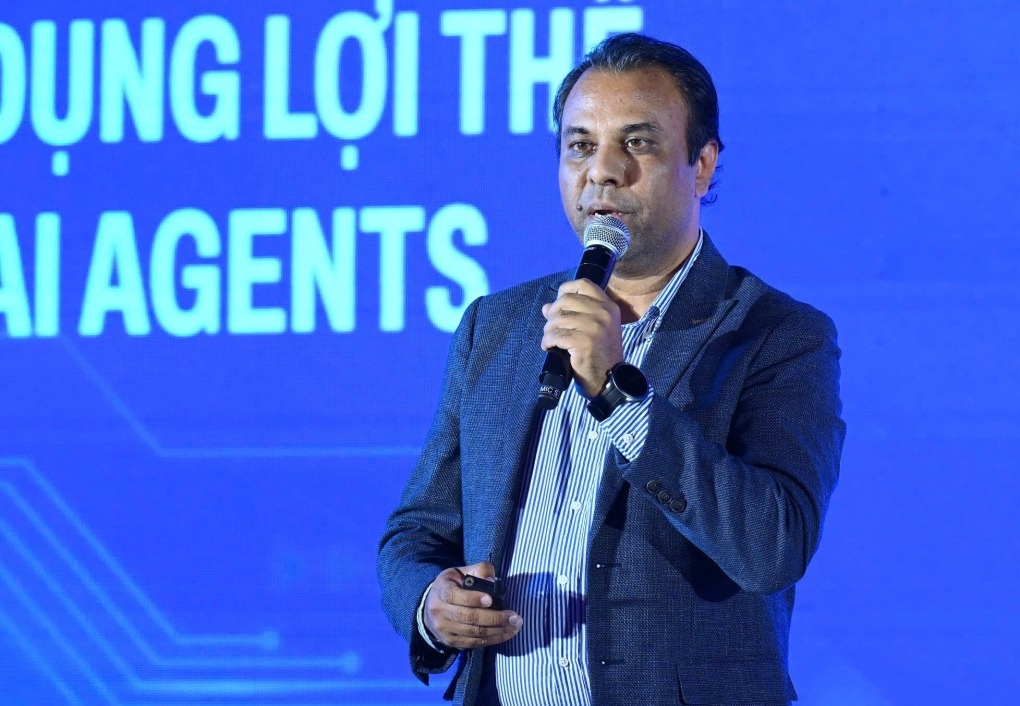
Mr. Ajay Kushwaha - Senior Director, Enterprise Architecture, Salesforce, ASEAN Region believes that AI Agent is only effective when integrated on a flexible and secure data platform (Photo: Giang Huy).
However, to turn AI Agents from concepts into effective implementation tools, there are still many data infrastructure and security issues to solve.
Mr. Ajay Kushwaha, Senior Director of Enterprise Architecture at Salesforce ASEAN, emphasized that integrating AI Agent is not simply adding a tool, but requires a platform that is multi-tasking, flexible and scalable.
Additionally, since AI agents often work with sensitive data, security must be a top priority. “Even small elements in the development process need to be considered for security risks before releasing or deploying the agent in real life,” Kushwaha warned.
Vietnam has the opportunity to shorten the AI gap
Mr. Le Hong Viet - General Directorof FPT Smart Cloud - commented that Vietnam is facing an opportunity to shorten the gap with the major powers, if it promptly dominates the regional market and builds a systematic national strategy, focusing on AI localization.
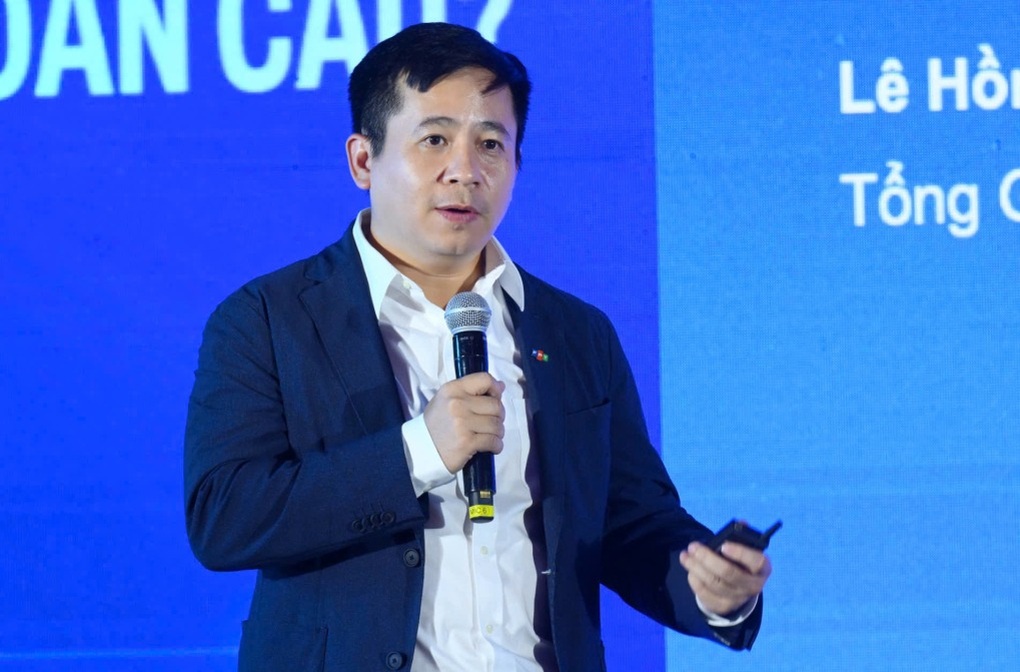
Mr. Le Hong Viet - General Director of FPT Smart Cloud, FPT Corporation, commented that Vietnam has the opportunity to shorten the gap with AI powers (Photo: Giang Huy).
On the global map, the US and China are still the two major centers. The US owns 40 leading AI models, with total private investment capital reaching 471 billion USD in the period 2013-2024. China leads in the number of patents with more than 817,800 and 15 high-quality models. “In that context, Vietnam is ranked in the group of potential emerging economies in ASEAN,” said Mr. Viet.
However, the biggest challenge lies in the scale of investment. Total capital for AI in Vietnam is 56 times lower than that of the US and China, and still modest compared to Singapore.
However, many positive signs have appeared. According to a report by WIN (Worldwide Independent Network of Market Research), Vietnam currently ranks 6th out of 40 countries in terms of readiness for the AI era.
The AI ecosystem is growing rapidly, with investment capital reaching $80 million in 2024 – eight times higher than before. The technology workforce is about 500,000 people, while the AI application rate is also high: 42% of the population and 65% of small and medium enterprises.
Mr. Viet emphasized that Vietnam's advantages come from competitive costs, supportive policies from the Government and sustainable economic growth. "AI is no longer a technology of the future, but has become the center of the current digital race. For every 1 USD invested in generative AI, businesses can reap 3.7 times more efficiency," he cited.
Deputy Minister of Science and Technology Bui Hoang Phuong said Vietnam is urgently building a legal corridor, demonstrating its commitment to becoming a pioneer in responsible AI development and governance.
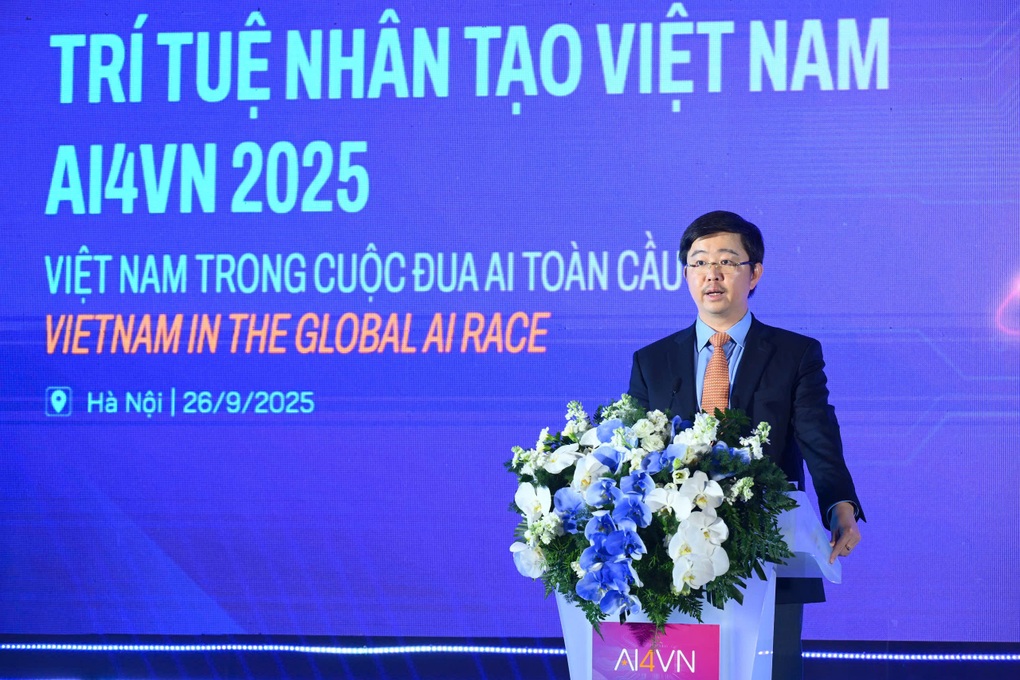
Mr. Bui Hoang Phuong, Deputy Minister of Science and Technology, delivered the opening speech at the AI4VN 2025 event (Photo: Giang Huy).
According to Mr. Phuong, the Law on Artificial Intelligence is expected to be submitted to the National Assembly by the end of 2025, making Vietnam one of the few countries in the world with a comprehensive legal framework on AI.
The draft law is based on five core principles: human-centered; ensuring safety and transparency; inclusive and sustainable development; balanced and harmonious governance. A key highlight is the risk-based management mechanism: high-risk AI systems will be subject to strict supervision.
In addition, the draft also proposes transparency and labeling requirements, requiring clear notification to users when they interact with AI systems, to address the challenge of distinguishing between human- and machine-generated content.
Deputy Minister Bui Hoang Phuong emphasized that the AI law is not only for control but also for development. Special incentive mechanisms will be implemented to encourage AI research and application in the academic, business and public sectors.
“Managing and developing AI requires a multi-dimensional approach, balancing innovation and protecting the rights of people and businesses. The Ministry of Science and Technology is committed to continuing to improve the legal framework to build an open, transparent and effective AI ecosystem,” he affirmed.
Source: https://dantri.com.vn/cong-nghe/robot-viet-vuot-chuong-ngai-vat-lam-mc-20250926220608742.htm


![[Photo] Many streets in Hanoi were flooded due to the effects of storm Bualoi](https://vphoto.vietnam.vn/thumb/1200x675/vietnam/resource/IMAGE/2025/9/29/18b658aa0fa2495c927ade4bbe0096df)
![[Photo] General Secretary To Lam receives US Ambassador to Vietnam Marc Knapper](https://vphoto.vietnam.vn/thumb/1200x675/vietnam/resource/IMAGE/2025/9/29/c8fd0761aa184da7814aee57d87c49b3)

![[Photo] General Secretary To Lam chairs the meeting of the Central Steering Committee on preventing and combating corruption, waste and negativity](https://vphoto.vietnam.vn/thumb/1200x675/vietnam/resource/IMAGE/2025/9/29/fb2a8712315d4213a16322588c57b975)
![[Photo] General Secretary To Lam attends the ceremony to celebrate the 80th anniversary of the post and telecommunications sector and the 66th anniversary of the science and technology sector.](https://vphoto.vietnam.vn/thumb/1200x675/vietnam/resource/IMAGE/2025/9/29/8e86b39b8fe44121a2b14a031f4cef46)
![[Photo] National Assembly Chairman Tran Thanh Man chairs the 8th Conference of full-time National Assembly deputies](https://vphoto.vietnam.vn/thumb/1200x675/vietnam/resource/IMAGE/2025/9/29/2c21459bc38d44ffaacd679ab9a0477c)








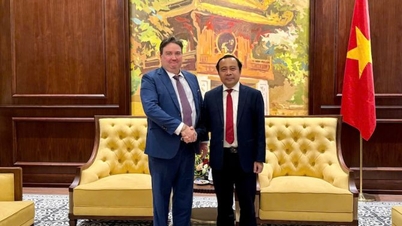





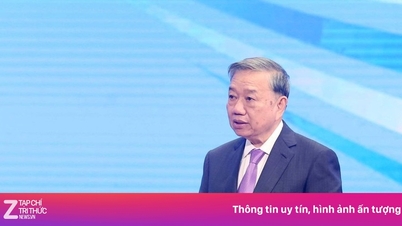
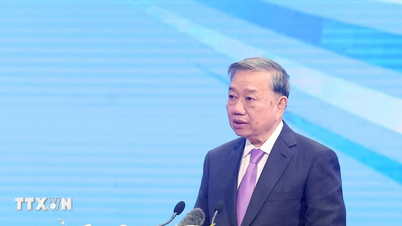







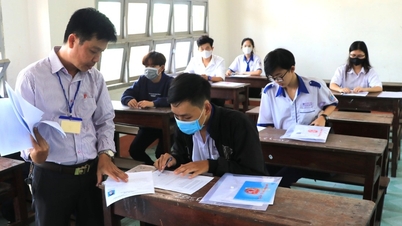

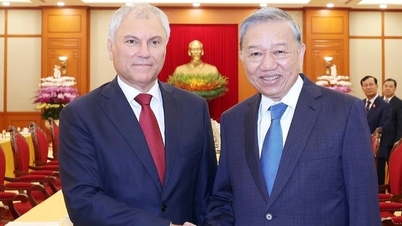

















































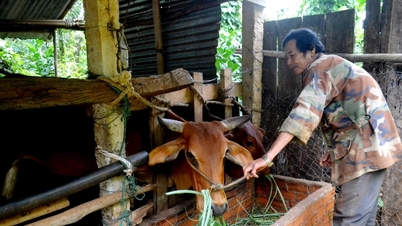



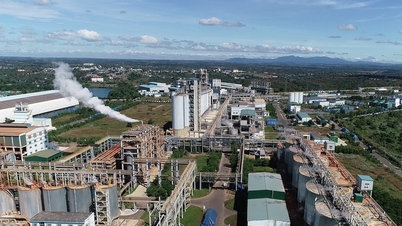
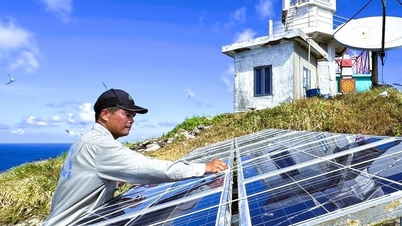













Comment (0)